Our Stories
Take a look at how we have made an impact on peoples lives.
We know that advocacy makes a difference to people’s lives, because people and their families tell us as well as professionals and services that have contact with them. In addition to this feedback we look for other ways to measure the difference that advocacy makes. For example using Outcomes Stars to track the start and finish scores in specific areas. It sounds clinical, but we want everyone to see the evidence and the value that advocacy brings to individuals and the wider community.
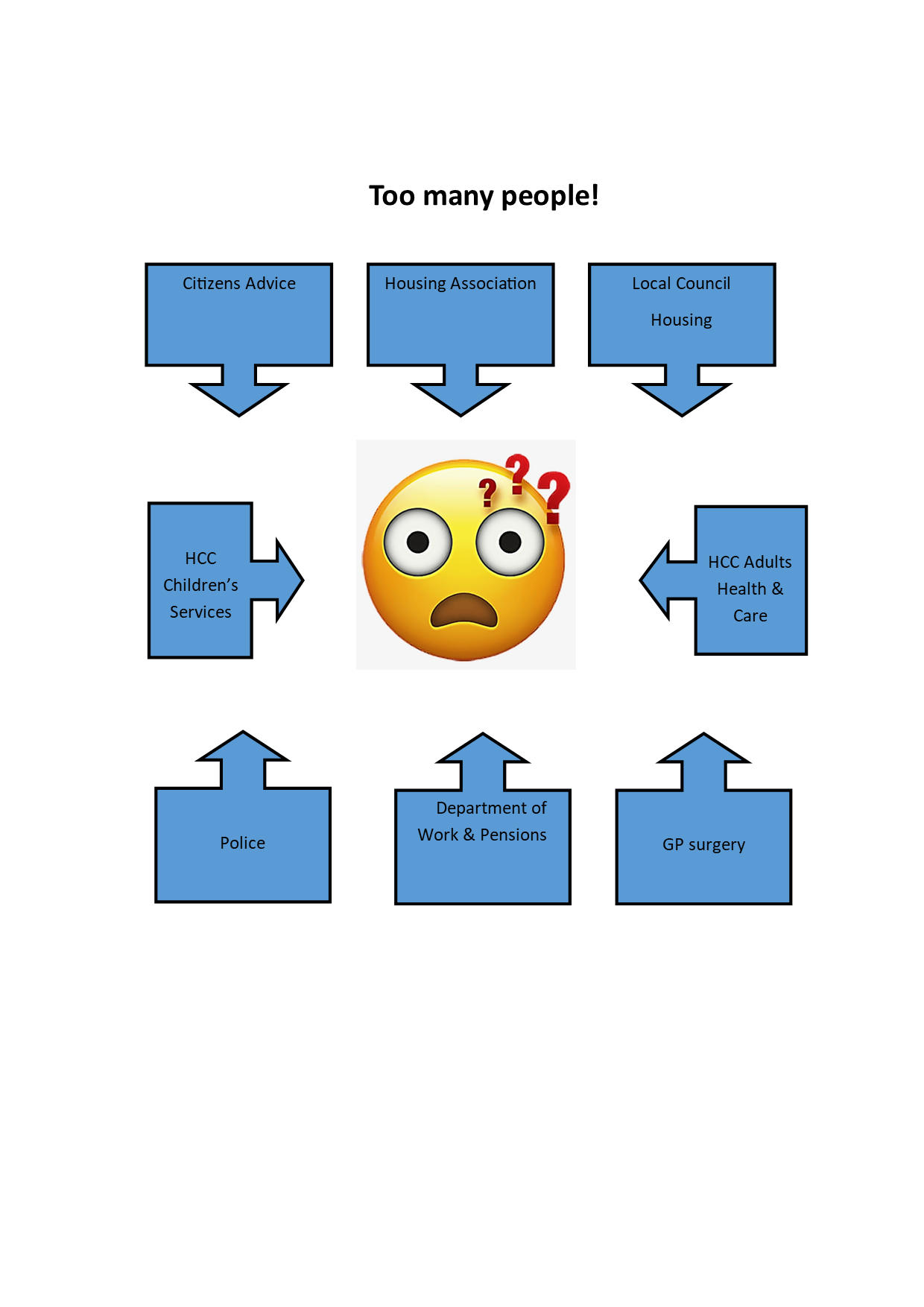
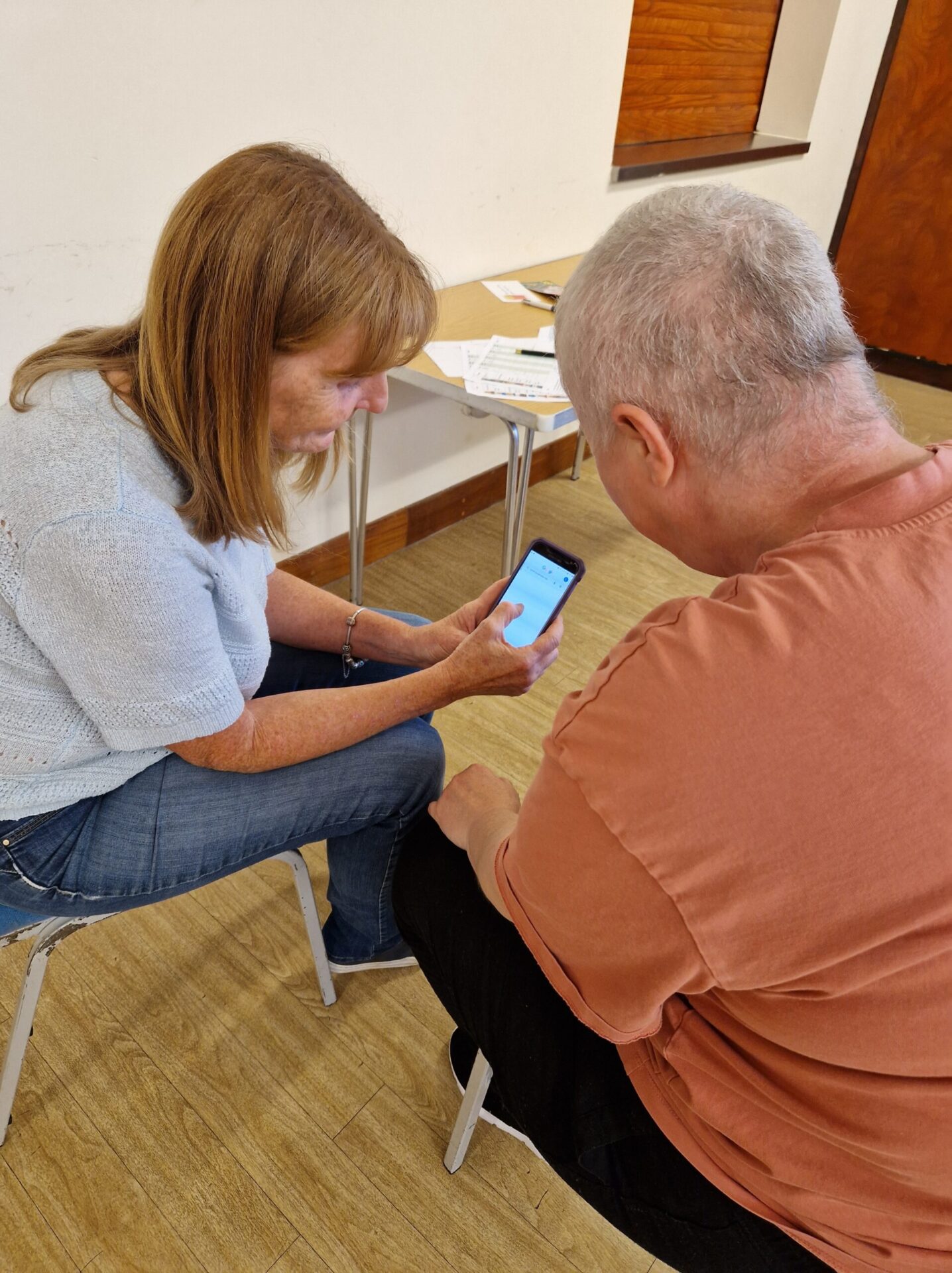
Story One - Too many people and too much going on!
Julie (not her real name) was referred to advocacy for help with housing and benefits. She was a young lady with a learning disability and mental health issues. She had more than 9 different agencies involved in her life and was finding everything confusing. She had no confidence and could only leave the house with someone else. The advocate met with her a few times and helped unpick all the different issues in her life. Julie made a plan with the advocate about what they would tackle first, and whether Julie would do things herself, with the advocate or the advocate would do it on her behalf. The advocate spent a total of 26 hours with Julie and was able to do the achieve the following things:
- The housing association didn’t pursue rent arrears or payment for damage caused by someone else
- The local council recognised their duty to house her and made an offer of alternative accommodation
- The GP prescribed medication for anxiety
- A plan was made with the police for her to stay safe
- The DWP adjusted her benefits and made a repayment plan
- She was supported to apply for and get a job
Julie says that she feels more confident now all these issues have been resolved, with the confidence to do things on her own. We used Outcomes Stars to measure that her wellbeing had improved by 50% and her sense of purpose had increased by 40%.
Story Two – New to Basingstoke
Fahmina got in touch with Speakeasy when she was planning to move to Basingstoke. She found our website and rang us asking about what advocacy groups she could join. We explained that we would need to meet her first and then see if the groups were the right ones for her. Fahmina gave us a call after she had moved and the advocate met with her in our building so she could see where we were based. Fahmina liked the sound of the Friday Network group, but the advocate explained that she could only attend if the place was funded through her HCC care provision. The advocate helped Fahmina talk to her social worker about the group and some other things that still hadn’t been sorted out. The advocate also chased up the social worker when there was a delay with the funding being arranged.
Fahmina is now enjoying her new friendships and learning about local services and community activities. “It’s really helped me settle in my new home town. I enjoy getting ready for Friday Network, as I look forward to the sessions. I find Speakeasy important for me because it’s learning disability community and it helps me know my rights. Also giving me chance to give my voice”.
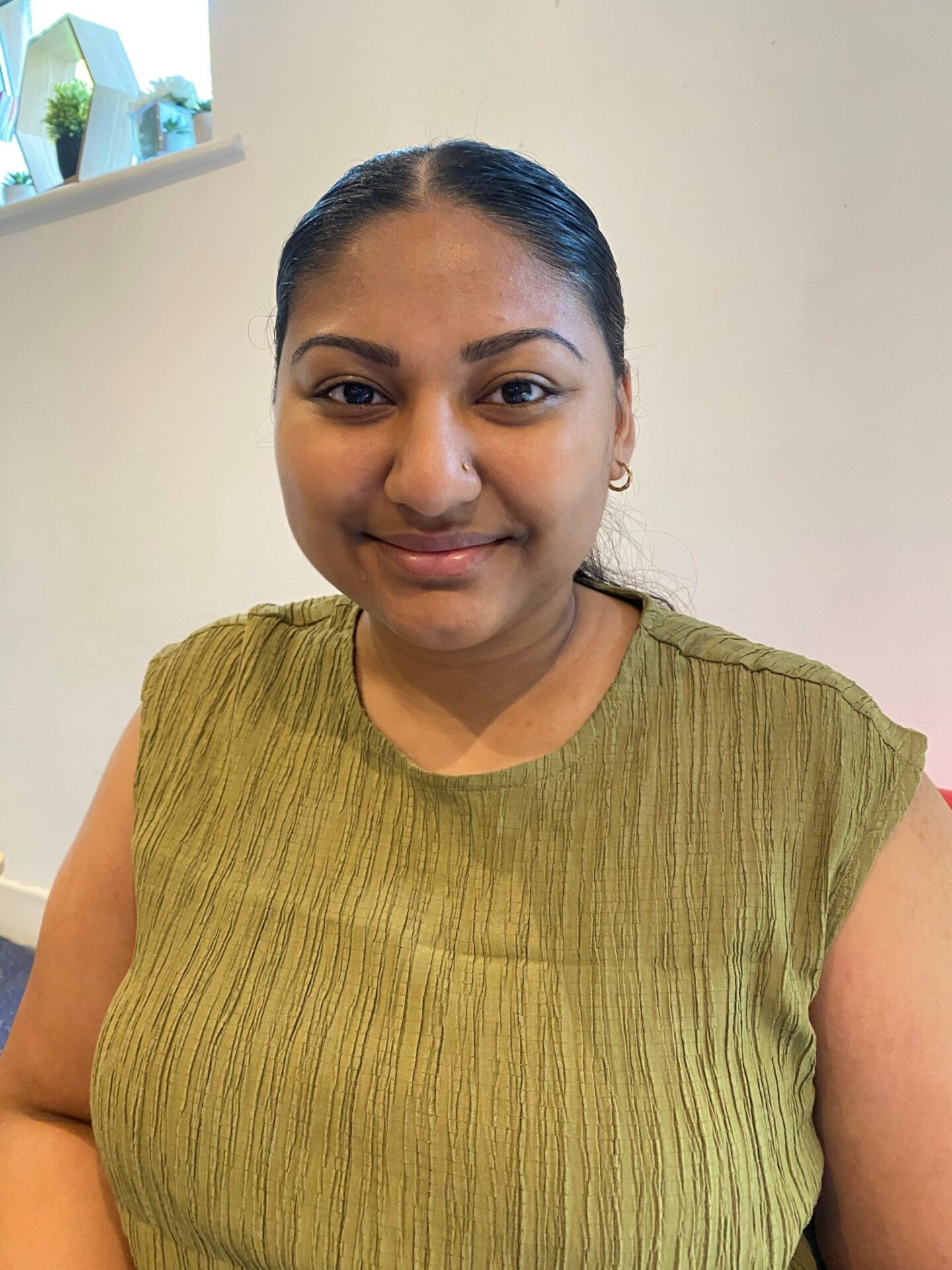
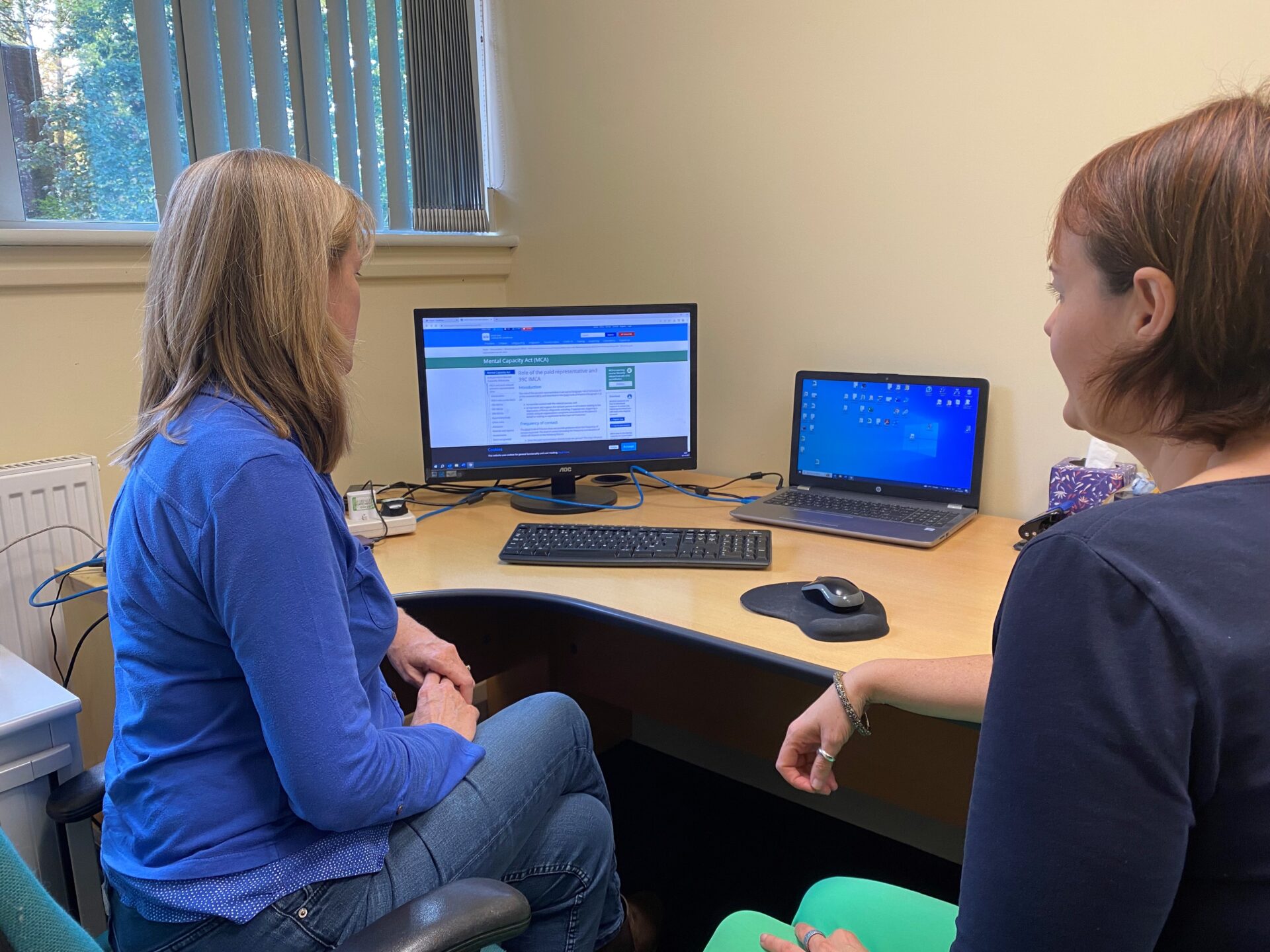
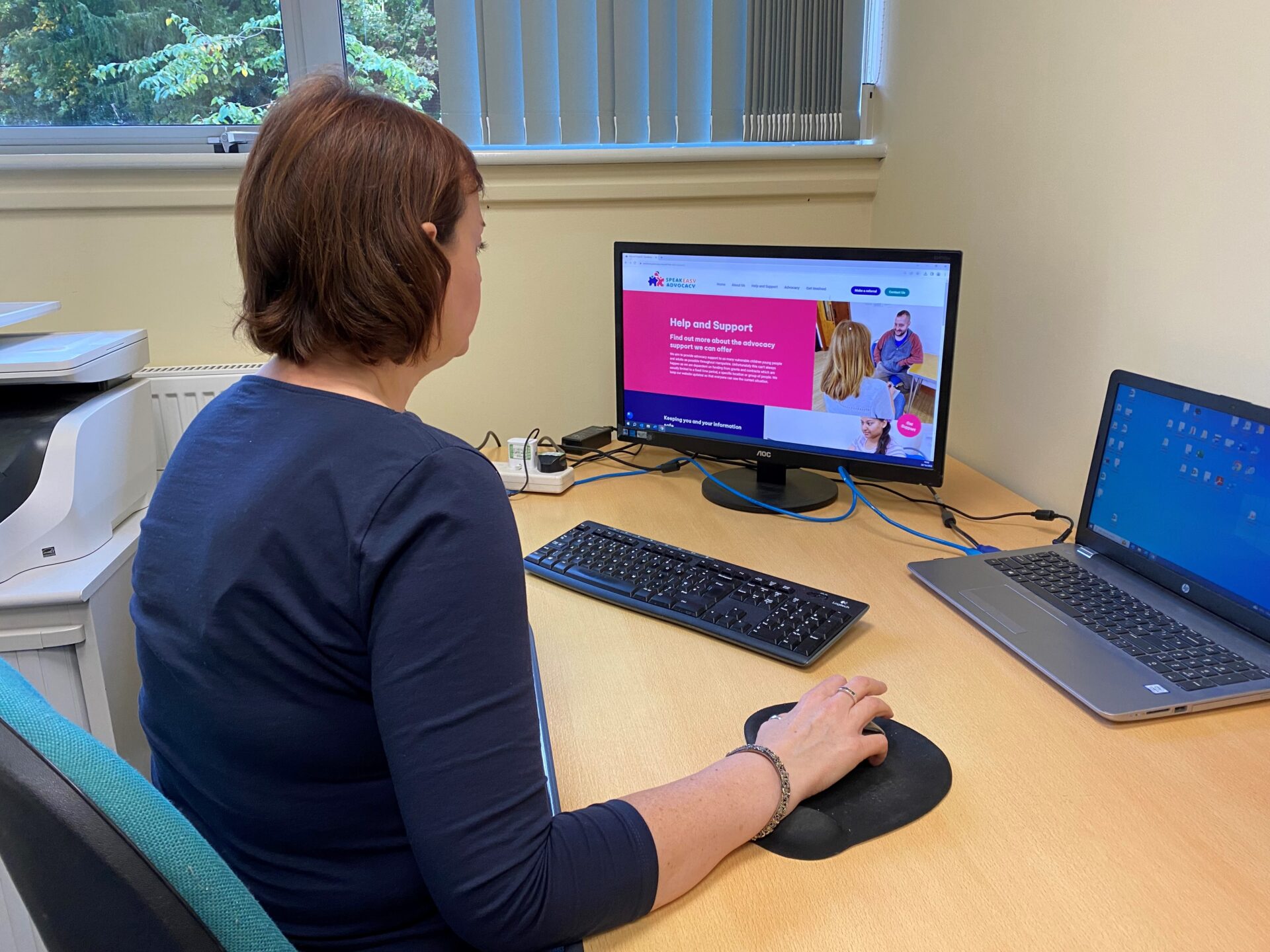
Story Three - Relevant Person’s Representative (RPR)
Our advocates act as RPR for a number of people who live in Hampshire but are placed out of their home area away from family or the people who fund their care. We provide in-person visits for people who are ‘deprived of their liberty’ either through the MCA legislation or Court order, and who live in residential care homes or specialist hospitals. The advocate’s role is important to support the person to understand why they are ‘deprived of their liberty’ and to challenge this on the person’s behalf if they are objecting.
Our advocates are highly skilled in ‘non instructed’ advocacy so can build relationships with people and find out what is important to them. This includes people who have controlled substance use, acquired brain injury or complex needs and behaviours. Our advocates are up to date with case law and can recognise behaviours that may constitute an objection, and understand how to raise challenges with the home staff, social workers and instruct solicitors on the person’s behalf where necessary.
Recent examples where we have supported people’s rights being upheld include:
- repeatedly challenging a home to comply with the conditions of the authorisation so that the person is supported to reconnect with family
- getting the local authority to comply with its legal duty to carry out a needs assessment.